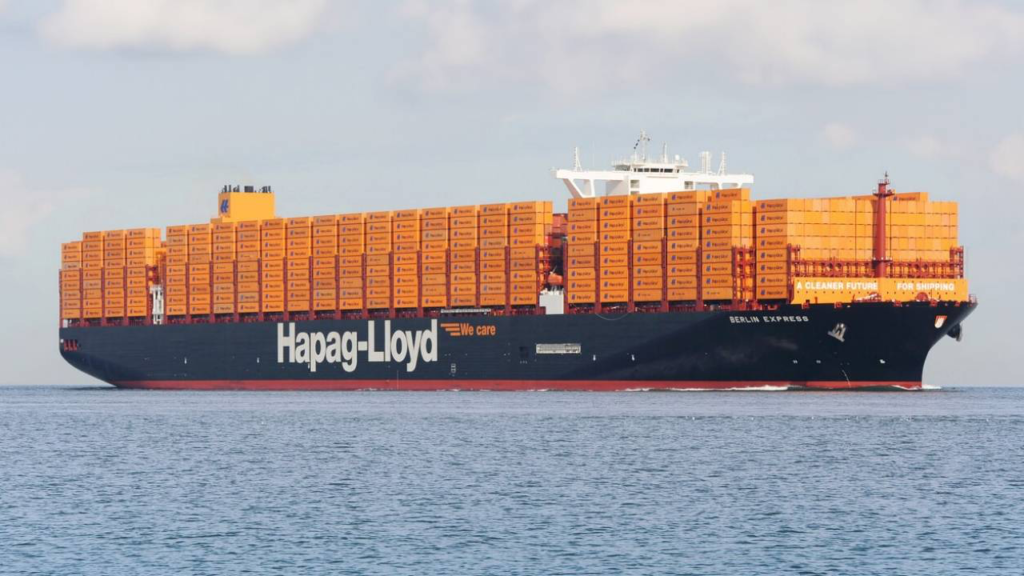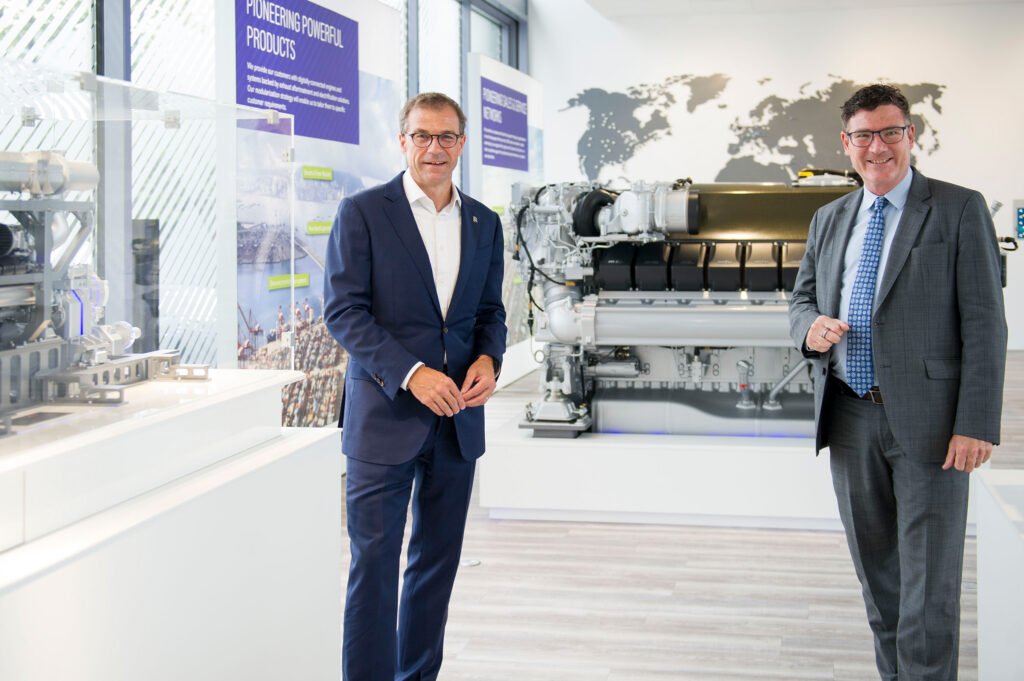Asia News Boating News Business News Cargo News China News Communications News Consumer News e-commerce Economic News Economy News Environmental News European News Finance News German Global Politics green Green Energy News International News Manufacturing & Assembly News Marine Ocean News Maritime News Oil Gas News Pacifica Shipping News stock stock news transport Transportation Transportation News Zero Emission News
Germany First Lady Elke Budenbender Christens Berlin Express
Hapag-Lloyd AG (Frankfurt: HLAG) has officially welcomed into its fleet the “Berlin Express”, the first ship of its new Hamburg Express class. At an event attended by some 300 guests from business and politics, naming…

